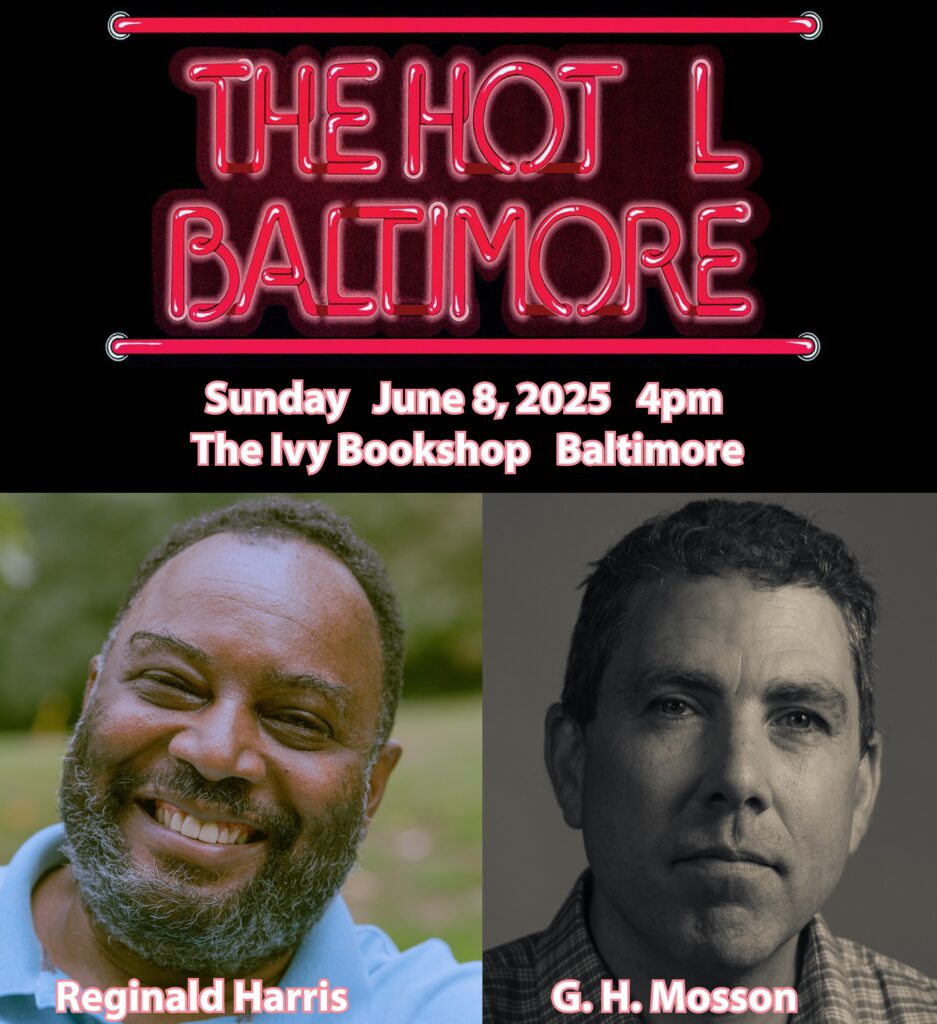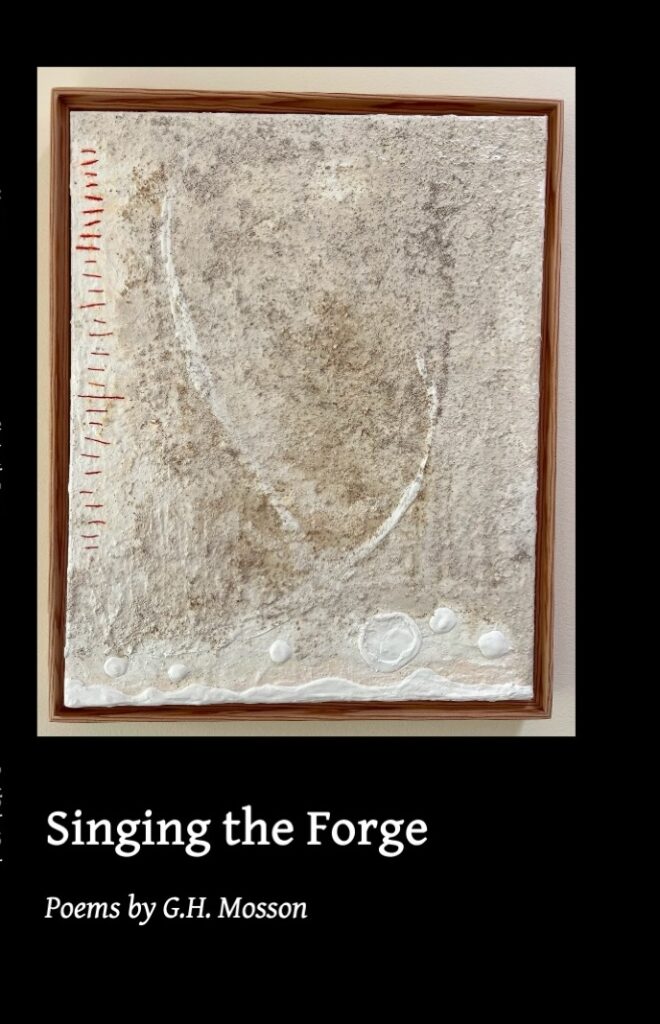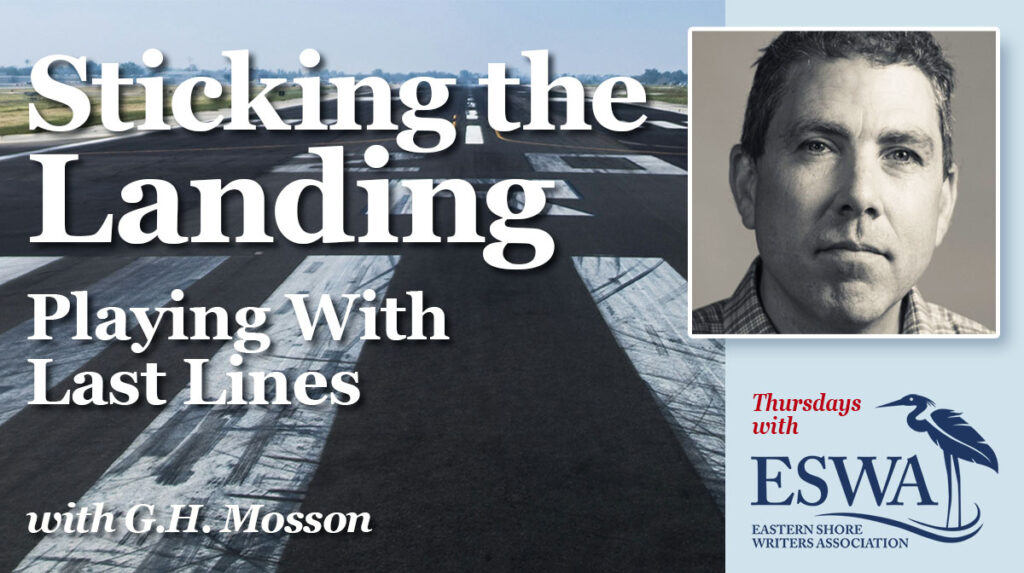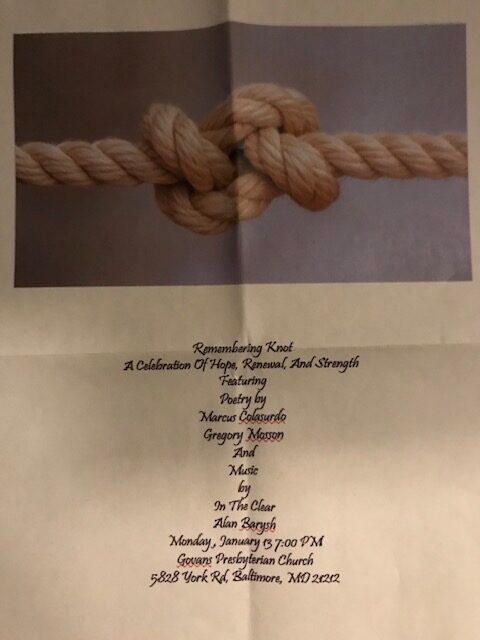I am starting my fourth attempt to read Plato’s Republic, and I am feeling optimistic about it. I am going to blog about it as one way to ensure I ‘get ur done.’
My first attempt at this ancient classic was freshman year in college. There I was given one week to read it. Well, I read the first book, very memorable on the issue of what is justice and the social contract? Some decades later, I attempted again after turning forty. It’s true, at forty I gave myself the task of reading all of Plato, after reading The Apology and Euthyphro and enjoying them in college, unforgettably so, as I did read those two. For several years I did read and re-read Plato during my early forties, with immense satisfaction, favoring Phaedrus, Crito, and those Early Socratic Dialogues in a cherished Penguin Classics paperback.
Last time, I made it through Book III. This time, I choose not to re-read from the beginning. Yet since yesterday, I did dip into the prior books I have read, basically II and III, in Plato’s Republic (translators Grube and Reeve, Hackett 1992). Let’s speed this story up!
At the same time, I am studying “The Stone Age,” via a college course on tape, and it provides some context for this, which covers basically 2 million years ago to the beginnings of agriculture about 10,000 BC. In fact, I feel more akin with the central problem that Plato / Socrates seem to be addressing, the heart of it that spurs on these arguments, than maybe in my “younger years.” This central concern, one that’s felt, is how to organize society so it is not chaos?
From a paleolithic point of view, this problem arises with people living together in cities, the “polis,” and not spread out back when we just another form of semi-animal. I bet this is not a pressing question before agriculture in 10,000 or so BC. Even with larger groups, maybe family-like dynamics could have taken care of it, for better or worse. Let’s call the problem, with us today of course, a modern problem: How to organize society that’s too large to organize itself?
It further occurs to me the solution being proffered at first by Socrates in Books II-III is not that dissimilar, broadly put, to the continuous and fixed religious structure of the ancient Egyptians, broadly put too, and their concept of maintaining the natural order of the universe, or “ma’at.” In other words, Socrates proposes restricting music, religion, and stories to promote the “good” in his ideal city in The Republic. Likewise according to varied scholars of Ancient Egypt, that society maintained a certain kind of non-creative religious continuity from 3000 BC or so to 30 BC or so especially in art, despite one famous deviation, which may have helped provide the kind of stability Socrates seeks, if not the exact same “good” championed. So in this regard, the more diverse and chaotic, younger ancient Greeks may be taking a cue from the ancients across the Mediterranean pond.
I speculate, I hesitate, I go on. What I am enjoying about this tour through the Republic, and I do intend to finish it by the end of May 2025, is resonating with the questions and the answers alike, as human ones, as mine, as questions of the heart. They don’t necessarily need to be right in all circumstances, but they have resonance.
For instance, children who imitate certain habits from their family, peers, media, or elsewhere, are more likely to act that way as an adult. That’s a truism, that’s obvious. Therefore, posits Plato, there should be no tragic plays or poems showing degrading and degraded persons, because we might imitate them. Well, then. In many ways this encapsulates one argument against pornography.
In sum, I am reading Plato with my heart as well as my head; it tastes good.
So said American poet William Carlos Williams of a plum in the icebox, so say I of Plato.
One last thing that strikes me in reading mostly from Book II-III in the last 24 hours is the contrast with our American society.
While Jefferson and Madison, Adams and Franklin, Hamilton and Washington, and others who founded America knew their classics, Federalist 10 makes quite clear American government is meant to manage the chaos of social factions, not prevent it. Our foundational premise of factions recognizes unerasable conflict, and offers the medicine of “checks and balances” government to keep the patient alive to date. This premise and solution is a major innovation over the Republic‘s diagnosis and solution through Book III.
Likewise, our understanding of free speech is quite the opposite of Socrates and Plato in Books II-III. Further, the world of sophist advertising as free speech would horrify them. Rightly so, methinks.
Lastly, and yes last but not least, our pluralistic fractious premise, and the complex Constitutional solution that adjusts along the way, is a living real-and-ideal republic. This American republic escapes further description in this mere blog post. It makes Plato’s Republic not just intriguing but still timely. The problems are here, within and without, and if for none other than in one’s own itty bitty life, they must, I reckon, be handled.
Cheers,
G. H. Mosson
Maryland, USA
www.ghmosson.com




